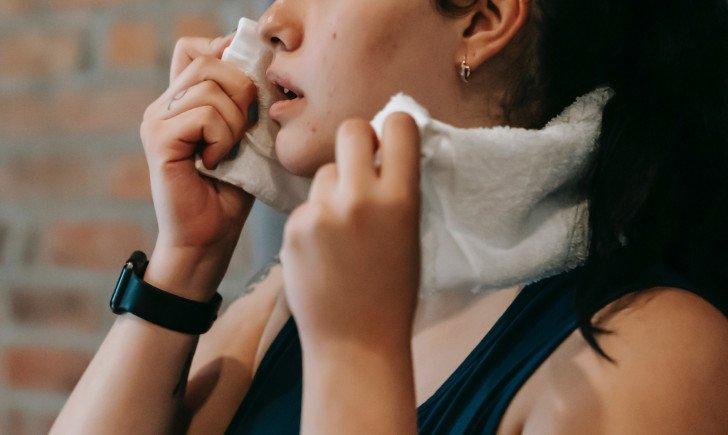Health
Odours from other people's sweat may help treat mental health issues: Study

London, March 27
Exposure to human odours, collected from other people's sweat, may be used to boost treatment for some mental health issues, a new study has shown.
According to the study by European Psychiatric Association (EPA), the researchers demonstrated that social anxiety was reduced when patients were exposed to human 'chemo-signals', or what they typically refer to as body smell, derived from volunteers' underarm sweat.
"The results of our preliminary study show that combining these chemo-signals with mindfulness therapy seems to produce better results in treating social anxiety than can be achieved by mindfulness therapy alone," said lead researcher Elisa Vigna of the Karolinska Institute in Stockholm.
The study involves collecting sweat samples from volunteers and then exposing patients to chemo-signals extracted from these sweat samples while they were receiving social anxiety treatment.
The researchers recruited 48 women (aged between 15 and 35), all of whom suffered from social anxiety, and divided them into three groups each of 16 people.
Each group was exposed to a different odour, obtained from the sweat samples of people who had seen different types of video clips, plus a control group, which was exposed to clean air.
"We found that the women in the group exposed to sweat from people who had been watching funny or fearful movies responded better to mindfulness therapy than those who hadn't been exposed. We were a little surprised to find that the emotional state of the person producing the sweat didn't differ in treatment outcomes -- sweat produced while someone was happy had the same effect as someone who had been scared by a movie clip," Vigna said.
She added: "We found that individuals who undertook one treatment session of mindfulness therapy together with being exposed to human body odours showed about 39 per cent reduction in anxiety scores. For comparison, in the group receiving only mindfulness (i.e., the control group) we saw a 17 per cent reduction in anxiety scores after one treatment session."



































